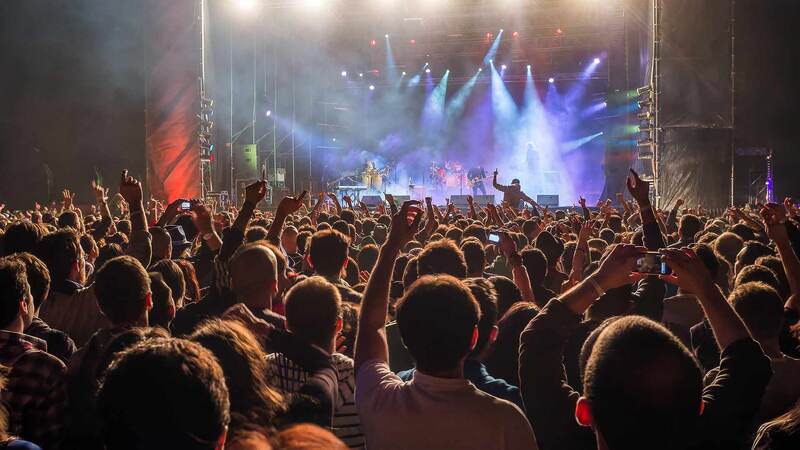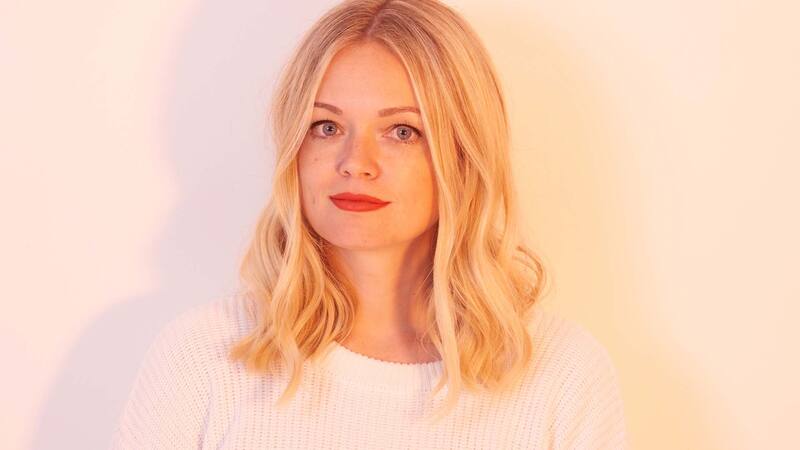You are viewing your 1 free article this month. Login to read more articles.
Zombies: A Matter of Infinite Hope
I first saw George Romero’s Dawn of the Dead when I was a very young child, about ten years old. Of course I remember the grab-bag of gruesome slaughter – the screwdriver in the ear, the arm ripped off by the blood pressure machine, the zombie fingers digging greedily into a victim’s torso. But what struck me as revelatory even beyond all the tendon ripping and viscera eversion was the wonder-inducing fantasy of living in a shopping mall. Yes, four survivors were ostensibly trapped and fighting for their lives in the fragile redoubt of a suburban mall – but, more to the point in my fevered young mind, they had this entire shopping mall all to themselves. It was the fulfillment of a childhood fantasy parallel to the one about being the only kid at Disneyland (no lines!), being left at home alone for the weekend (going to the bathroom with the door open!) or even being able to wander around your school when no one else was there (no class bells!). The shopping mall, once dezombified, was a place of joy, exploration, industry, creativity, potential. What would you do in such a place, so filled to the brim with the raw materials of culture-building? It was like being plopped down in the middle of a massive box of Lego.
A lot of the time, when we talk about the current cultural fascination of zombies stories, we like to point to the downturn of the Dow Jones, the terrorist acts that tug loose the seams of society, all the signs everywhere of apocalyptic end times and the dissolution of the modern world. We frequently think that the widespread interest in zombies has to do with fear. But I wonder. Whenever I see a zombie movie, what I see in the beleaguered protagonists is not fear so much as – oddly enough – hope. A desire to build rather than to destroy. Not just a dogged determination to stay alive, but the glisteny-eyed thrill of being presented with a blank canvas and invited to paint the blueprint of whatever ideal society your imagination can conjure. Zombie stories are not, I believe, the grim relics of a culture’s nihilism; instead, I would argue, they have more to do with Fitzgerald’s fascination with the “orgastic future” that always seems just around the corner – the “matter of infinite hope” that embodies not only the character of Gatsby but the American dream in general and, beyond that, the frontier mentality that might be found at any moment anywhere in the world.
Recently, Robert Kirkman’s serial graphic novel The Walking Dead was adapted into a television series, and I remember seeing the poster advertising it everywhere. It was a simple shot, taken directly from the graphic novel itself: a lone man in a western hat, riding a horse down the middle of an empty freeway toward the ruins of a large city. The immediate impression of this image is that of desolation, the tiny figure of the man alone against the vast landscape that used to be brimming with life but is now a barren wilderness. But the image conjures another set of signifiers as well – those of western and frontier literature, stories of people weren’t relegated to the wilderness but rather sought it out, who purposefully left one society behind in order to build a new one to their own unique specifications. It’s hard for me to watch zombie movies and not think of homesteaders driven by the rugged excitement of building their life anew, constructing something fresh and lovely from the raw materials of the chaotic earth around them. Just as those four survivors did in Dawn of the Dead, using all the materials they could find to transform a commercial wilderness into a domestic space with all the comforts of home. Watch that movie again, and you’ll be surprised at just how much screen time is given over to the logistics of securing the doors of the mall, of building walls, of settling into a living space – of homesteading.
See, it’s possible that this is the taboo, unspoken fundamental principle of the apocalypse: destruction makes room for creation. Especially in America, a nation founded on the exploration of wilderness (the pursuit of frontier spaces where you can craft your own individual identity), a real problem emerges when there are no more wildernesses left to explore, when there are no more frontiers, when you are so desperate to climb the ladders placed before you that you don’t even stop to think about where those ladders go or, much less, about the possibility of building ladders of your own. It’s hard to be a good transcendentalist if you never leave the city – and it’s hard to leave the city if all the wildernesses have been replaced by shopping malls.
And so maybe what is required is a good cleansing apocalypse to come and purge this shopping mall landscape. The edifices can stay – they were never really the problem in the first place. The real problem was all those people. They’re the ones who kept you shackled to the old ways, who leashed you to cultural norms you never really had the time to rethink. Sure, you may experience the unfortunate byproduct of a plague of zombies, but they’re slow-moving and have trouble climbing stairs. You can handle them. (Indeed, can you think of another kind of monster myth in which the hostile threat is so supremely manageable?)
Maybe this is also why most zombie stories begin after the zombie apocalypse or at least gloss over the details of how it began. These stories are not, actually, so interested in destruction and collapse. They are more interested in what happens next – they are fascinated by adaptability and reconstruction. They trill with the harmonies of possibility. Like the morning landscape after a nighttime snowfall. All the old world is erased. You look out the window and see a pure, gloriously blank canvas. You can’t wait to put on your boots and tromp through it.
The Reapers Are the Angels by Alden Bell is out now from Tor.
Images from The Walker Dead © TWD productions LLC Courtesy of AMC. Series 2 of The Walking Dead is showing on FX now.













